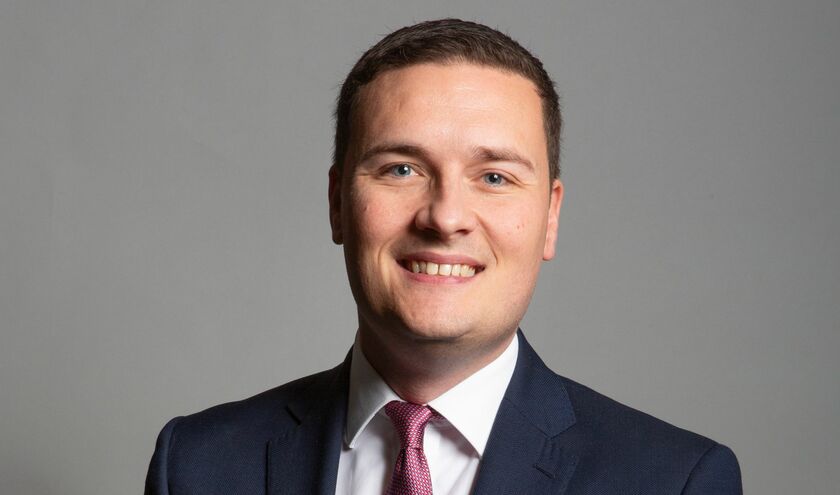The reforms will introduce statutory care and treatment plans, end the use of police and prison cells to place people experiencing a mental health crisis, and end the inappropriate detention of autistic people and people with learning disabilities.
Secretary of state for health and social care, Wes Streeting, said: ‘Our outdated mental health system is letting down some of the most vulnerable people in our society, and is in urgent need of reform.
‘The treatment of autistic people and people with learning disabilities, and the way in which black people are disproportionately targeted by the act should shame us all.
‘By bringing the Mental Health Act in line with the 21st century, we will make sure patients are treated with dignity and respect and the public are kept safe.'
Reforms in the Bill include:
- increasing the frequency of clinical reviews, to better ensure that the treatment patients receive is appropriate
- updating the use of Community Treatment Orders, so that they are only used when appropriate and proportionate
- limiting the length of time that people with a learning disability and/or autistic people can be detained under the Act, if they do not have a co-occurring mental disorder that needs hospital treatment and have not committed a criminal offence
- ending the use of police and prison cells for detaining someone experiencing a mental health crisis instead of getting them access to a facility where they can get the proper support, such as a hospital
- speeding up transfers from prison to hospital by limiting the time it can take to transfer prisoners who need treatment in a mental health hospital to a maximum of 28 days.
The action follows the introduction of one of the world's first all-hours mental health crisis support services in August through NHS 111. The Government also announced £26m will be invested to open new mental health crisis centres as part of last week's Budget, with extra funding also secured to provide talking therapies to an extra 380,000 patients.
For people who need support at A&E, every emergency department in England now also has a liaison psychiatric team available to offer specialist care.



